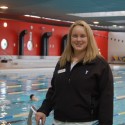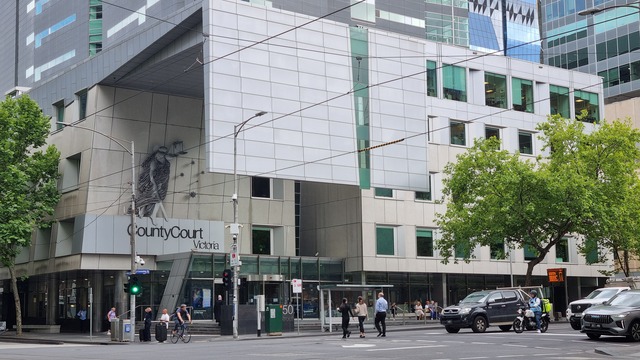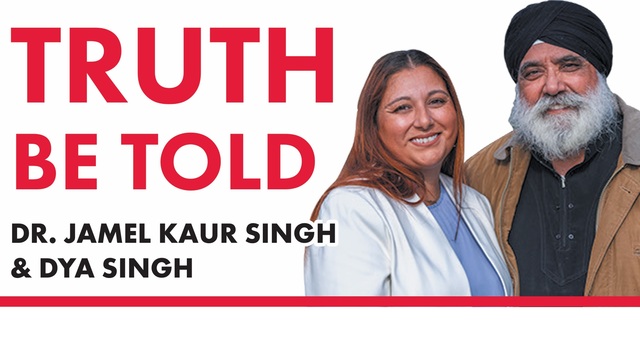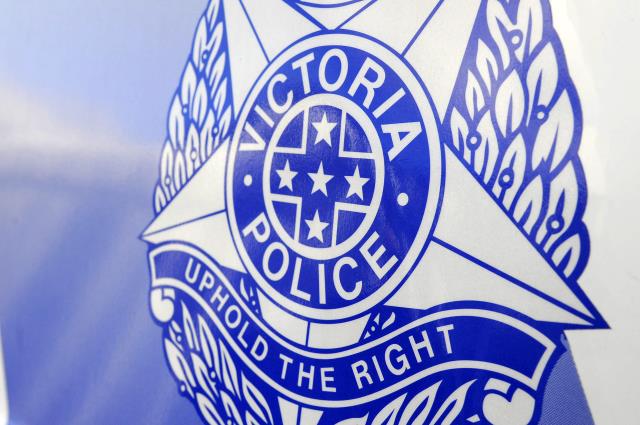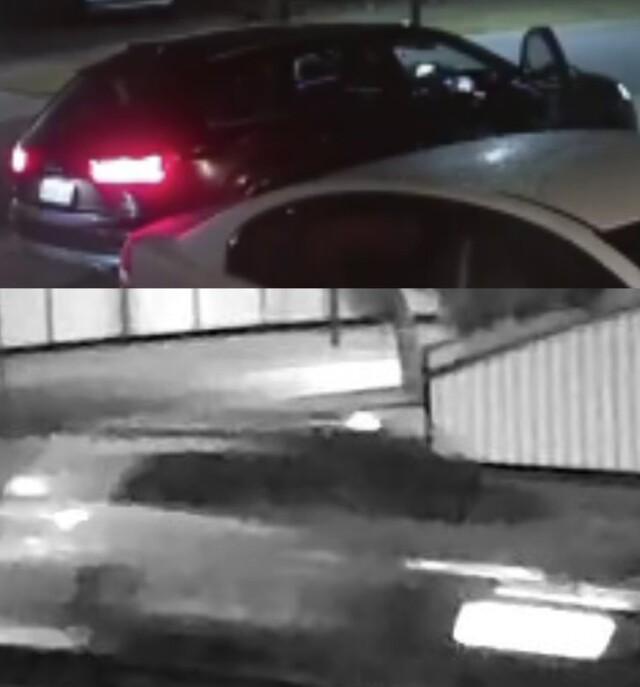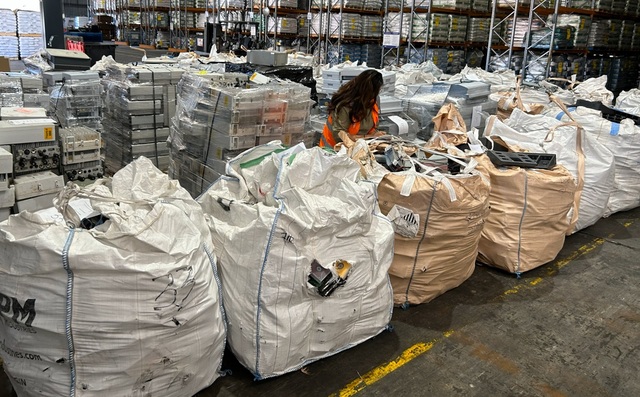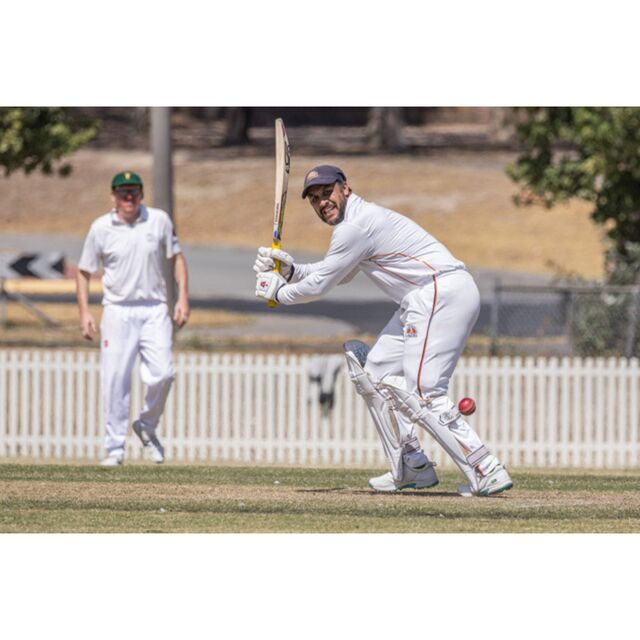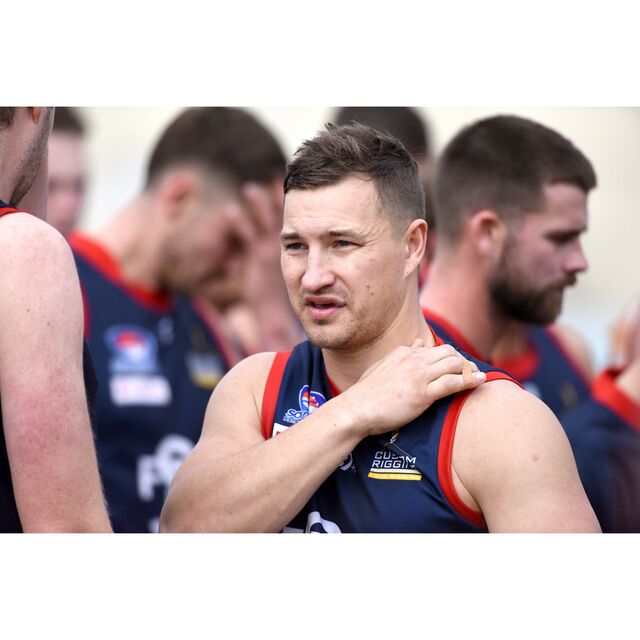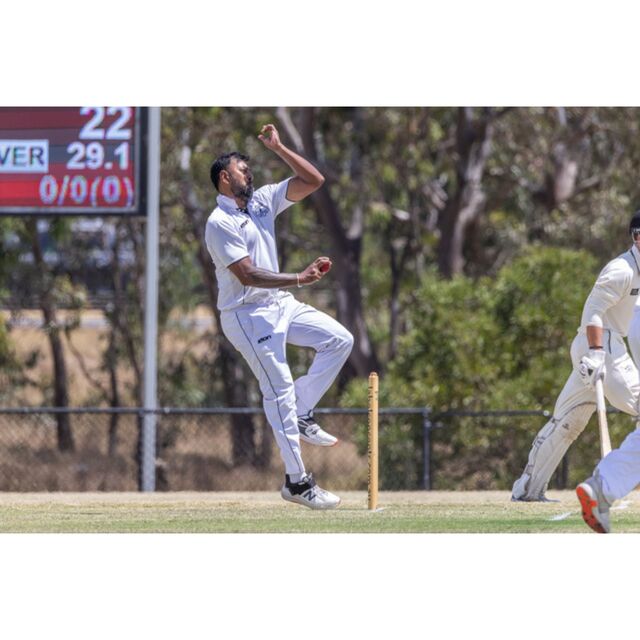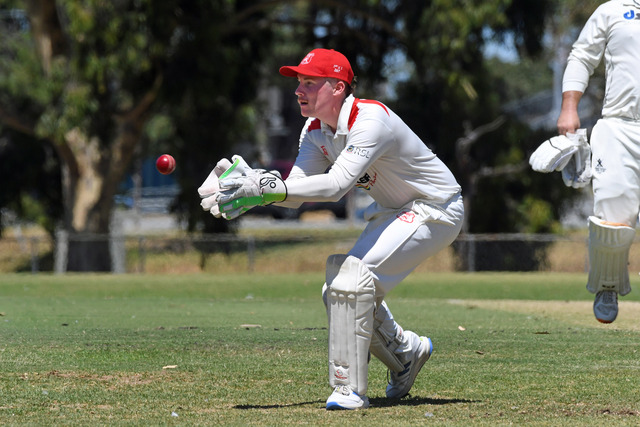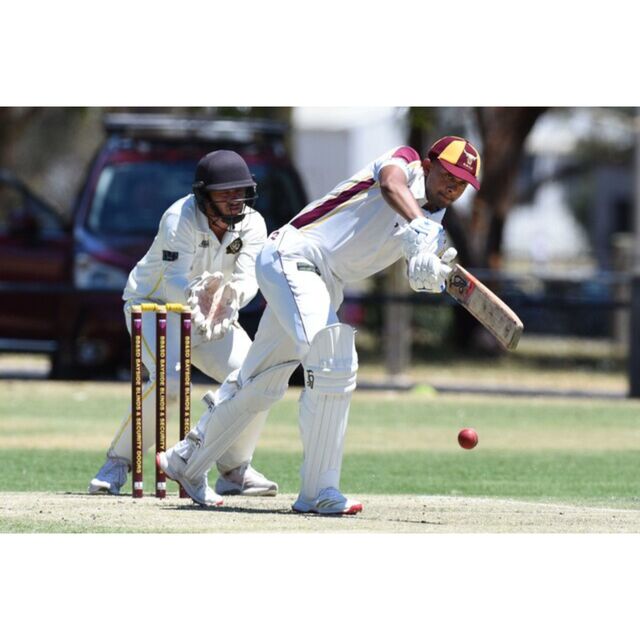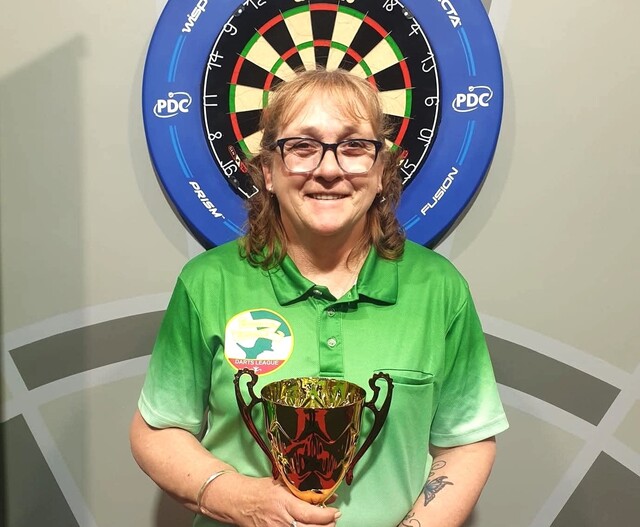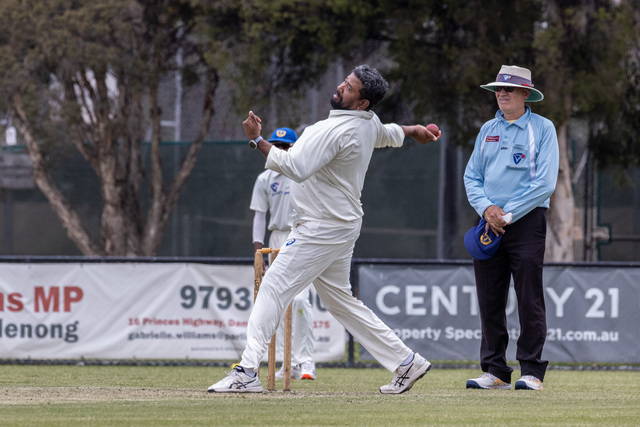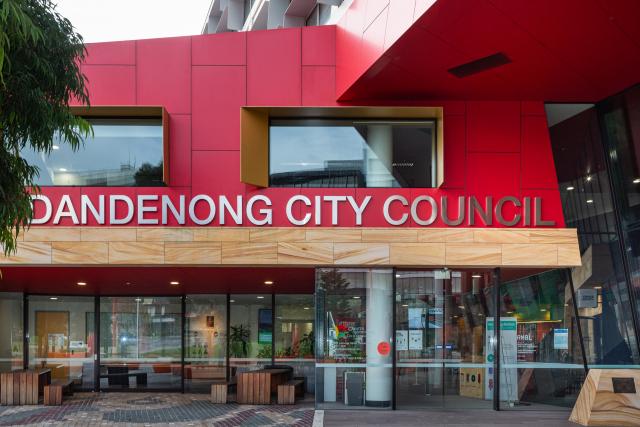By GEORGIA WESTGARTH
“WE CAN’T assume kids can swim.”
Doveton College Principal Greg McMahon said many students at the college had never been to the beach.
“In classrooms we have to explain the concept of the beach and set the scene before discussing it,” he said.
It’s one of Victoria’s most disadvantaged suburbs and with a large and growing culturally and linguistically diverse (CALD) community Mr McMahon explained many of the students at Doveton College come from land-locked countries and can’t swim.
“I think the first point of call is that every child in Australia should be able to swim – it’s a key essential given we are surrounded by water,” he said.
Taught in physical education classes at the college, water safety is still a big concern.
“Swimming lessons are taught from November to December next door at the Doveton Pool in the Park which is the only time we get access to the pool.
“A very small number of our students have the skill set to compete in the school swimming competitions and we want to build that but we are trying to teach many to swim full stop, which is floating and freestyle,” he said.
In Victoria swimming and water safety education is not mandatory in the school curriculum and Assistant Manager at Dandenong Oasis YMCA, Trudy Micallef said it’s something she wanted to see changed.
“A number of other states have compulsory swimming lessons in schools so the YMCA along with other organisations are lobbying the government to get swimming lessons a part of the education system,” Ms Micallef said.
With more than 10 years under her belt at the YMCA, Ms Micallef said because of Victoria’s different water ways such as rivers, lakes and surf beaches, ‘swim safety is paramount.’
“Due to the high CALD community in Dandenong and surrounding suburbs swimming lessons are of even greater importance.
“This doesn’t just apply to children but also to adults who haven’t grown up around water, I think parents in particular that can’t swim generally pass on that fear to their children.
“If parents have basic swimming and survival skills it’s going be easier for them to teach their own children to be safe in and around water,” she said.
A 2012 to 2013 study by Life Saving Victoria found one in three children leave primary school without the required swimming skills.
“The biggest hurdle is some children haven’t been in the water before and don’t understand movement in water and their progression is slower, so the earlier we can get them into lessons the better,” Ms Micallef said.

